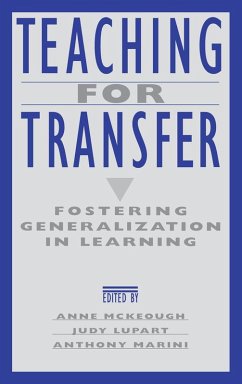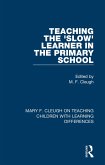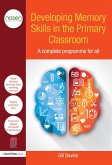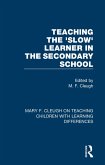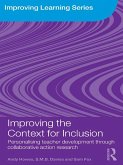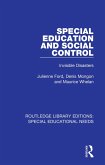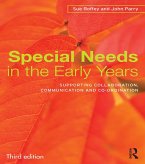The transfer of learning is universally accepted as the ultimate aim of teaching. Facilitating knowledge transfer has perplexed educators and psychologists over time and across theoretical frameworks; it remains a central issue for today's practitioners and theorists. This volume examines the reasons for past failures and offers a reconceptualization of the notion of knowledge transfer, its problems and limitations, as well as its possibilities.
Leading scholars outline programs of instruction that have effectively produced transfer at a variety of levels from kindergarten to university. They also explore a broad range of issues related to learning transfer including conceptual development, domain-specific knowledge, learning strategies, communities of learners, and disposition. The work of these contributors epitomizes theory-practice integration and enables the reader to review the reciprocal relation between the two that is so essential to good theorizing and effective teaching.
Leading scholars outline programs of instruction that have effectively produced transfer at a variety of levels from kindergarten to university. They also explore a broad range of issues related to learning transfer including conceptual development, domain-specific knowledge, learning strategies, communities of learners, and disposition. The work of these contributors epitomizes theory-practice integration and enables the reader to review the reciprocal relation between the two that is so essential to good theorizing and effective teaching.
Dieser Download kann aus rechtlichen Gründen nur mit Rechnungsadresse in A, B, BG, CY, CZ, D, DK, EW, E, FIN, F, GR, HR, H, IRL, I, LT, L, LR, M, NL, PL, P, R, S, SLO, SK ausgeliefert werden.

